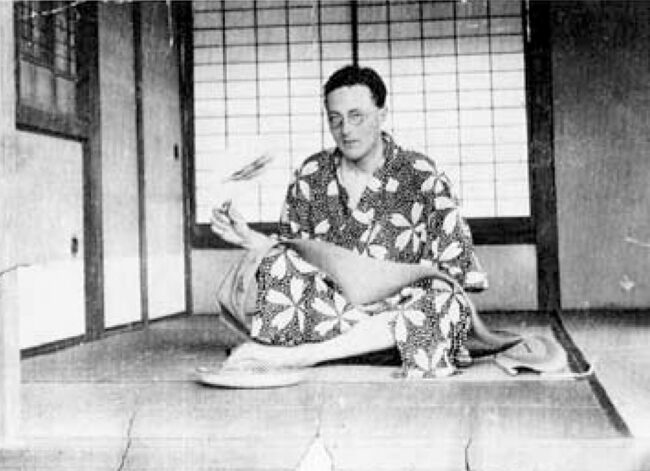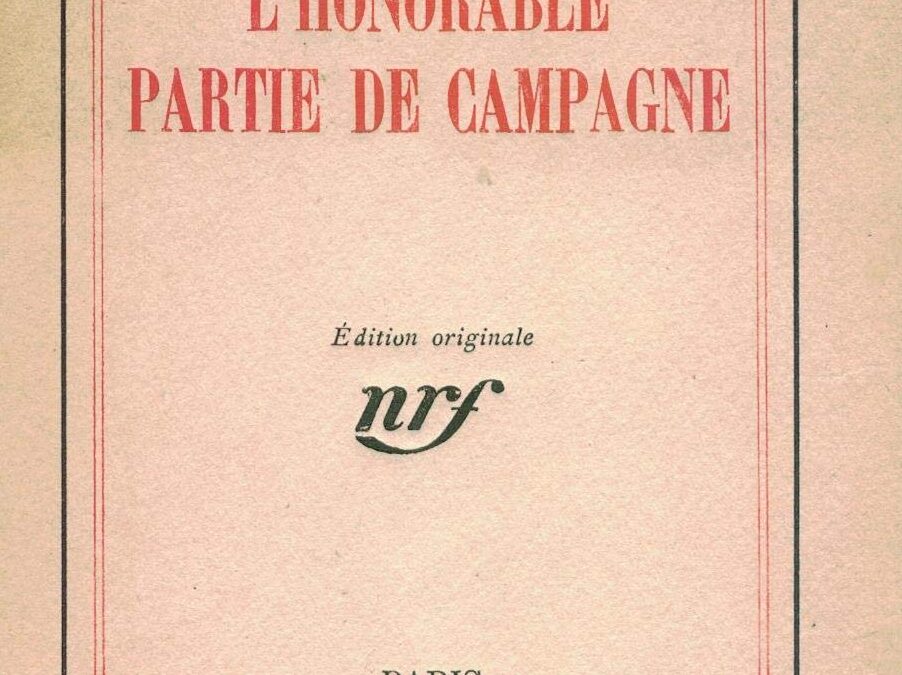Raucat’s The Honourable Picnic begins during hanami in and “Through all its length, the lane of cherry trees was an inspiring picture. Great trees all rosy and white as far as you could see, more brilliant than you would ever imagine. They fairly burn your eyes. And beneath them, people, drinking and singing joyously. In cherry-blossom time everybody ought to be happy; there is nothing to prevent it.”
The action begins when an unnamed lecherous European (tall and “no longer young but refined and well-groomed”) closely follows two young women (no more than eighteen) through Ueno Park, Tokyo, on Sunday in June 1922. It’s a perfect day, and the women dressed in their finery resemble a nasturtium and a geranium from the back. The European intends to accost the women (both unnamed) and seduce one of them, preferably the prettier one.
The European proposes a picnic to Enoshima, a resort island near Tokyo, to arrange the seduction. The pretty woman accepts his invitation, thinking, “Will he want to make love to me?”
At the Hotel Umematsuya, the astute management thwarts the European’s plan because the woman is not a geisha. She must also return to Tokyo to be married, upset; she flees and wanders to the beach to think. But encountering a student about a year older than her, she is seduced. Under the full moon, they spontaneously make love with him. They sleep, but in the clear light of morning, however, she commits suicide by drowning.
The irony is that this is All Soul’s Day when the spirits of the dead visit Earth to see how the living are behaving. In this instance, badly.

Thomas Raucat, aka Roger Poidatz(nd)
See Thomas Raucat, aka Roger Poidatz. Poidatz. The Honorable Picnic, L’honorable Partie De Campagne. Translated by Leonard Cline. Illustrated by Lorraine Combs. New York: Viking Press, 1924.
*The novel contrasts and satirizes Japanese and European culture. Pierre Lehmann supposes that Poidatz chose the pseudonym Thomas Raucat because it is a homonym of the Japanese word tomaro-ka, translated as “shall we spend the night here.” It’s unclear if this is meant as a sexual pun. (“Images of the Orient” In Madama Butterfly. London 1984

